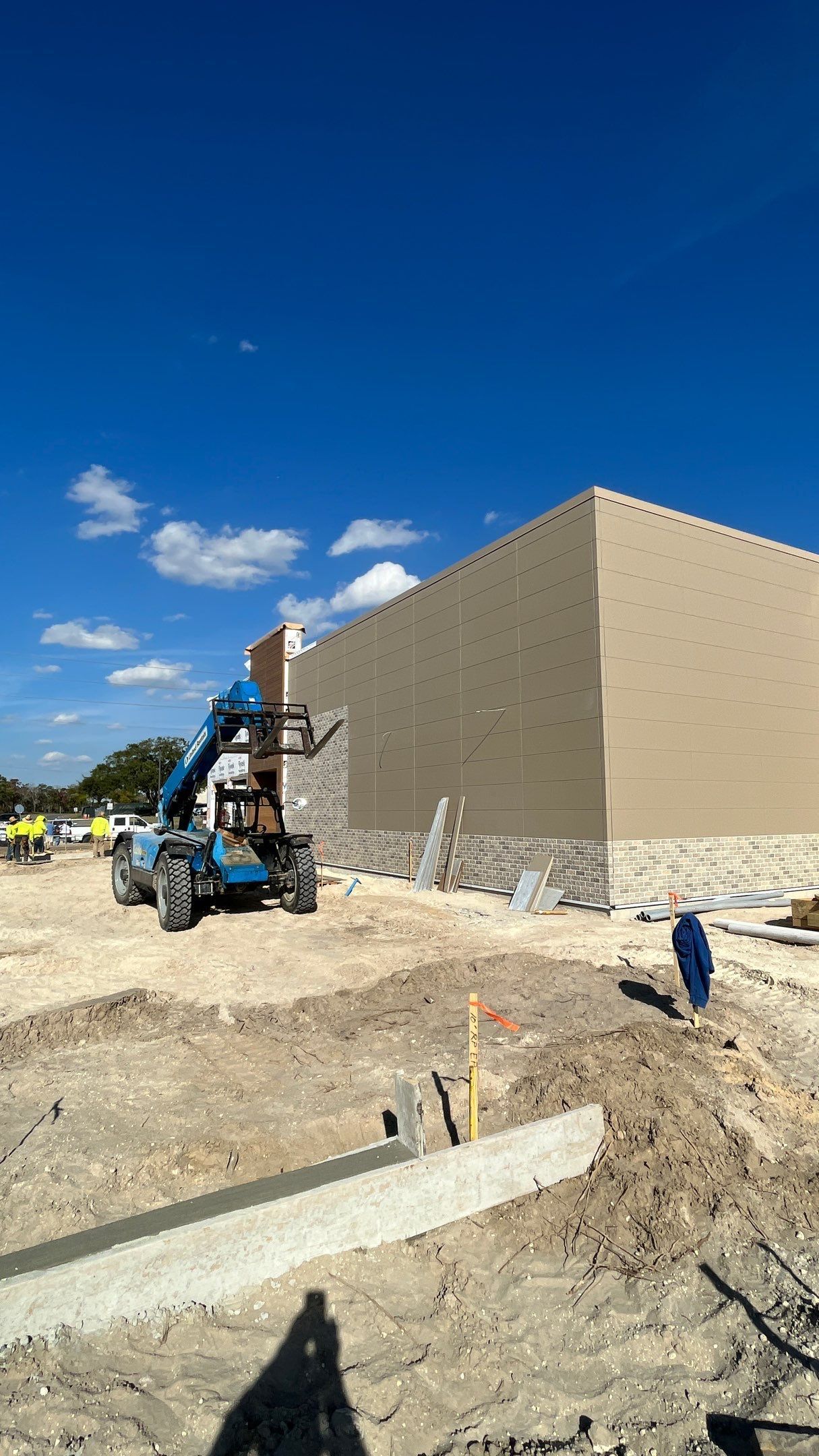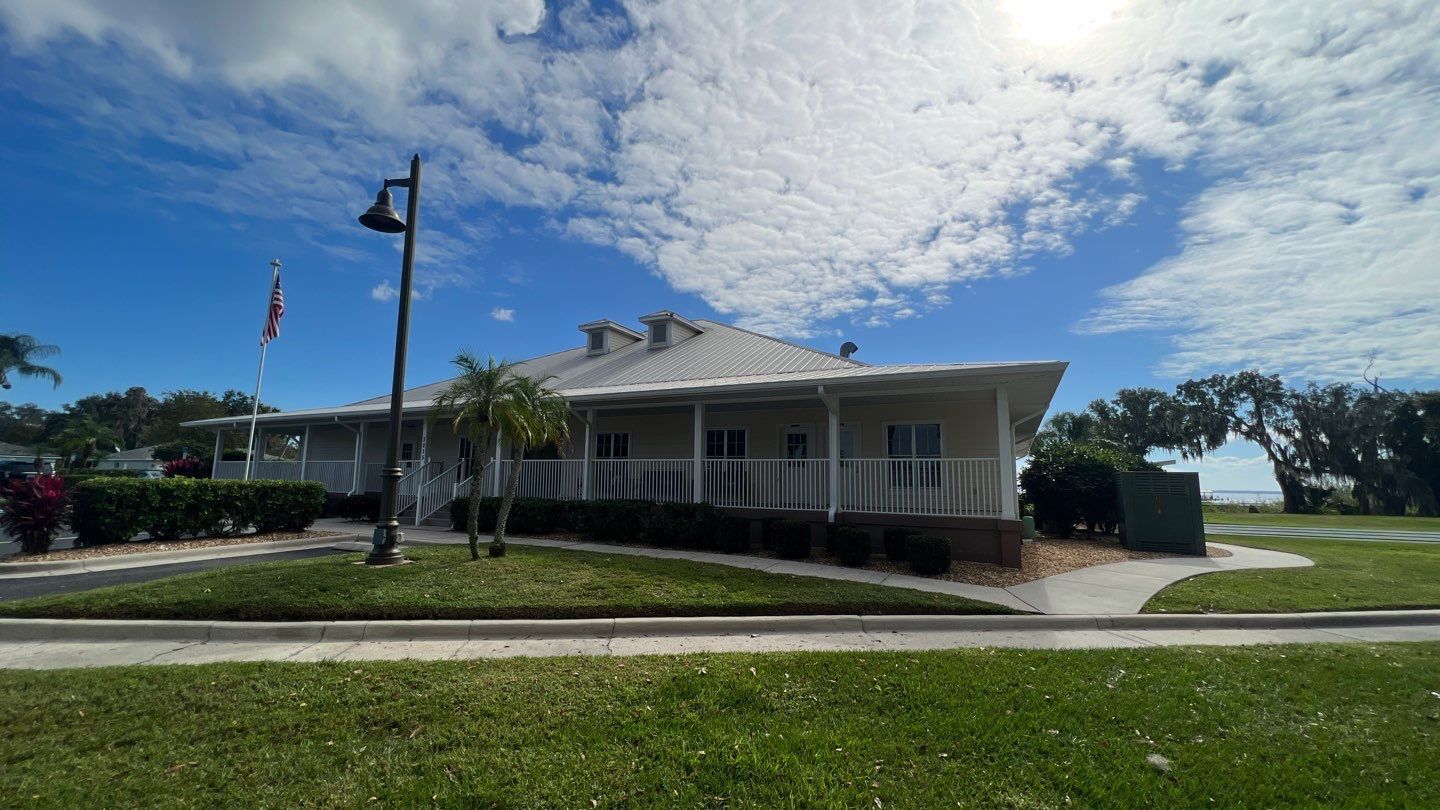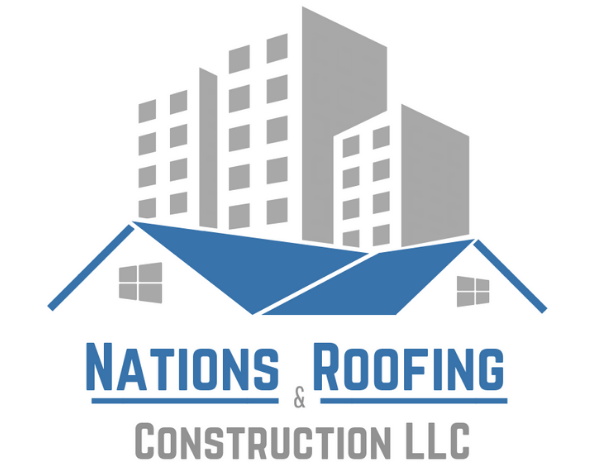Commercial Roofing in Lakeland, FL
Commercial Roofing vs Residential Roofing
Commercial roofing jobs and residential roofing jobs differ in several ways, including:
- Size: Commercial roofing projects tend to be much larger than residential roofing projects due to the larger size of commercial buildings.
- Complexity: Commercial roofs tend to be more complex than residential roofs, often requiring specialized equipment and techniques to install.
- Materials: Commercial roofs often require specialized materials that are designed to withstand the unique demands of commercial buildings, such as high foot traffic, heavy machinery, and large HVAC systems.
- Regulations: Commercial roofs are subject to different regulations and building codes than residential roofs, which can affect the installation process and the type of materials that can be used.
- Timeline: Commercial roofing projects tend to have tighter timelines than residential roofing projects, as businesses cannot afford to have their operations interrupted for an extended period of time.
- Cost: Commercial roofing projects tend to be more expensive than residential roofing projects due to their larger size, complexity, and specialized materials.
Due to these differences, it is important to select a roofing contractor who has experience working on both residential and commercial roofing projects. A contractor who specializes in only one type of roofing may not have the necessary skills or experience to complete the other type of project successfully. Call us today at 863-260-7095.
Common Commercial Roofing Material Types
There are several types of commercial roofing materials available, each with its own advantages and disadvantages. Here are some of the most common commercial roofing material types:
- TPO (Thermoplastic Olefin): TPO is a popular choice for commercial roofing due to its durability, energy efficiency, and low maintenance. It is a single-ply roofing membrane that is lightweight and can be welded together, making it an excellent choice for large commercial roofs.
- PVC (Polyvinyl Chloride): PVC is another type of single-ply roofing membrane that is highly durable and resistant to water, chemicals, and weather. It is also energy-efficient and low maintenance, making it a popular choice for commercial buildings.
- EPDM (Ethylene Propylene Diene Monomer): EPDM is a rubber roofing membrane that is highly durable and long-lasting. It is also resistant to weather, chemicals, and UV rays, making it an excellent choice for commercial roofs.
- Modified Bitumen: Modified bitumen is a type of asphalt roofing that has been modified with polymers to enhance its durability and flexibility. It is commonly used on commercial roofs with low slopes and can be installed with a variety of methods, including torching, cold adhesive, and self-adhesive.
- Metal: Metal roofing is a popular choice for commercial buildings due to its durability, energy efficiency, and low maintenance. It can be made from a variety of metals, including steel, aluminum, and copper, and can be installed in a variety of styles, including standing seam, corrugated, and metal shingles.
When selecting a commercial roofing material, it is important to consider factors such as durability, energy efficiency, maintenance requirements, and cost. Our professionals at Lakeland Metal Roofers can help you determine which type of material is best suited for your specific commercial roofing needs. Call us today at 863-260-7095.



